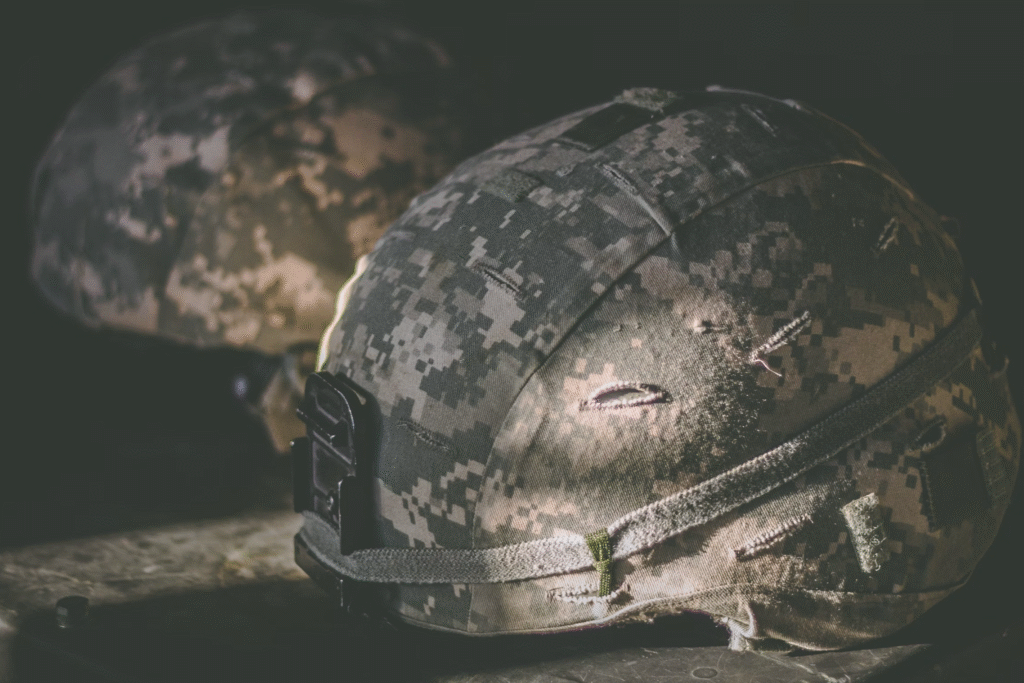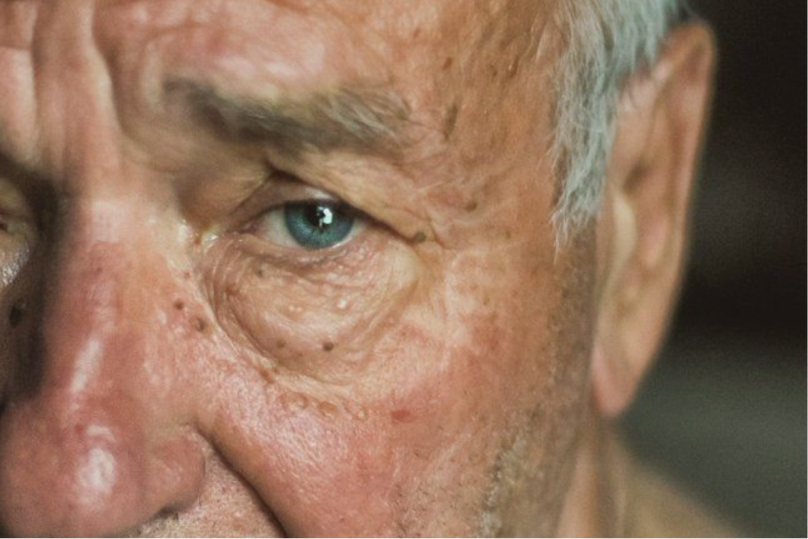Veterans Mental Health: Memorial Day
Every year, Memorial Day serves as a poignant reminder of the sacrifices made by military service members. Observed on the last Monday of May, this national holiday honors those who lost their lives while serving in the U.S. Armed Forces.
However, beyond the parades and ceremonies, there lies an often-overlooked reality: the ongoing battle with veterans’ mental health.
Memorial Day and Its Deeper Significance
Memorial Day is more than just a long weekend; it is a solemn occasion to reflect on the cost of freedom.
Established after the Civil War and originally known as Decoration Day, it evolved to commemorate American military personnel who died in all wars.
Yet while the day focuses on honoring the fallen, it also serves as an opportunity to acknowledge the silent struggles that many living veterans endure long after their service ends.
Veterans’ Mental Health: A Hidden Battle
Veterans’ mental health remains a critical issue in the United States.
According to the U.S. Department of Veterans Affairs, nearly 30% of Vietnam veterans, 12% of Gulf War veterans, and up to 20% of veterans from Operations Iraqi Freedom and Enduring Freedom experience Post-Traumatic Stress Disorder (PTSD) in any given year (U.S. Department of Veterans Affairs, 2023).
Beyond PTSD, veterans often contend with depression, anxiety, traumatic brain injury (TBI), substance use disorders, and suicidal ideation. These conditions can arise from the intense stress, physical injuries, and emotional trauma experienced during service. Veterans’ mental health concerns frequently remain underdiagnosed and undertreated, further exacerbating their impact.
Common Mental Health Challenges Among Veterans
The mental health challenges veterans face are multifaceted. PTSD, characterized by intrusive memories, hypervigilance, emotional numbness, and nightmares, can severely impair daily life. Depression and anxiety, often co-occurring with PTSD, can lead to social isolation and difficulty maintaining employment and relationships.
Another critical issue is the prevalence of suicidal thoughts among veterans. The U.S.
Department of Veterans Affairs reported that in 2020, an average of 17 veterans died by suicide each day (U.S. Department of Veterans Affairs, 2021).
Veterans’ mental health crises are often compounded by barriers to care, stigma, and a military culture that sometimes discourages seeking help.
The Lasting Impact of Military Service on Mental Health
Combat exposure, the constant threat of danger, witnessing death, and experiencing moral injury—a profound psychological distress resulting from actions or the witnessing of actions that violate one’s moral beliefs—all contribute to veterans’ mental health struggles. Transitioning to civilian life can further exacerbate these challenges as veterans navigate a world vastly different from their structured military environment.
Physical injuries like amputations or TBI can also intersect with mental health, creating complex rehabilitation needs. Veterans’ mental health must be viewed holistically, addressing both psychological and physical wounds.
Family Members: The Unseen Struggle
The impact of veterans’ mental health issues extends far beyond the individual. Family members often bear the emotional and psychological weight of their loved one’s struggles. Spouses, children, and parents may experience secondary trauma, feelings of helplessness, anxiety, and depression.
Caring for a veteran with untreated mental health conditions can strain marriages, disrupt family dynamics, and affect children’s emotional development. According to research published by the American Psychological Association, military families are at a higher risk for emotional distress, particularly when a loved one suffers from PTSD or severe depression (American Psychological Association, 2022).
Understanding and supporting veterans’ mental health is not just about providing care for the veteran; it is about healing entire family systems.

How Stigma Affects Veterans’ Mental Health?
One of the biggest obstacles to addressing veterans’ mental health is stigma. Many service members are trained to suppress emotions to remain mission-focused, which can create internalized stigma against seeking help for psychological wounds. Studies have shown that veterans often fear being perceived as “weak” if they admit to mental health struggles, leading to avoidance of necessary treatment (Smith & Jones, 2020).
Several factors contribute to stigma among veterans, including:
- Fear of being judged as weak or incapable.
- Concerns about negative impacts on military or civilian careers.
- Cultural norms emphasizing toughness and self-reliance.
- Mistrust of mental health care systems or providers.
Overcoming stigma requires cultural shifts within military and civilian communities, emphasizing that seeking help is a sign of strength, not weakness. Mental health campaigns, peer support networks, and leadership advocacy are essential to change perceptions and encourage early intervention.
The Importance of Early Intervention and Preventive Strategies
Prevention is key in improving veterans’ mental health outcomes. Educational programs that prepare service members for the psychological transitions they may face can reduce the incidence of mental health conditions post-deployment. Programs like the VA’s “Make the Connection” initiative offer resources and peer testimonials that destigmatize mental health care and promote early action.
Newer veterans, especially those from recent conflicts, benefit from preventive measures like routine mental health screenings, community integration programs, and resilience training, which have shown promise in reducing long-term psychological distress.
Community Programs and Success Stories
Community-based programs have made significant strides in addressing veterans’ mental health. One notable example is the Veteran Wellness Center initiative, created in partnership with local healthcare providers and veteran organizations. These centers offer holistic care focused on mental, physical, and social well-being, providing therapy, wellness activities, and community reintegration support to empower veterans throughout their recovery journey (Cohen Veterans Network, 2023).
A compelling example of the impact of peer support is the story of Marine Corps veteran Vince Bryant. After serving two tours in Iraq, Bryant was diagnosed with chronic PTSD and faced significant challenges transitioning to civilian life. Through his involvement with the Michael E. DeBakey VA Medical Center in Houston, he found effective treatment and later became a peer support specialist himself. Bryant shares, “I’ve found that talking about my experiences is absolutely therapeutic.
As a Veteran, being a peer support specialist allows me to provide this same recovery opportunity to other Veterans” (Roy, 2021).
Success stories like these demonstrate that comprehensive, veteran-centered approaches—especially those grounded in peer connection and holistic care—can profoundly impact recovery, reintegration, and long-term mental health outcomes.
The Hidden Toll of Military Grief on Families
The loss of a comrade or the experience of survivor’s guilt often leaves deep emotional scars. Grieving a fallen fellow soldier can lead to complicated grief, depression, and even PTSD among surviving veterans. Families also suffer, as they witness their loved ones wrestling with guilt, sadness, and anger.
Children of veterans struggling with unprocessed grief can experience developmental and emotional challenges. Resources specifically designed for military families, such as the Tragedy Assistance Program for Survivors, provide critical support in navigating grief and promoting healing.
Veterans’ mental health care must include grief counseling, trauma therapy, and support for families to address this often-silent source of suffering.
Memorial Day: A Time for Reflection and Action
As we gather to honor the fallen on Memorial Day, let us also commit to supporting those who returned home with invisible wounds. Veterans’ mental health must be a national priority, not just on Memorial Day, but every day.
Recognizing the profound sacrifices made by service members means ensuring that they receive the mental health care they need to live fulfilling lives. It also means acknowledging the struggles faced by their families and offering them support and resources.
Help for Invisible Wounds
Behind every uniform is a story — one of courage, sacrifice, and, sometimes, silent struggles. If you or a loved one is facing mental health challenges after serving, remember: healing is possible, and you don’t have to walk this journey alone.
At Sessions Health, Dr. Mel Corpus and our compassionate team are committed to offering personalized, evidence-based care that respects the unique paths of veterans and their families. Whether in Los Angeles, Beverly Hills, or through online sessions, we’re here to help you rediscover strength, resilience, and hope.
Supporting veterans’ mental health is not just a tribute to the past — it’s a commitment to the future. Let’s honor every story still being written.
